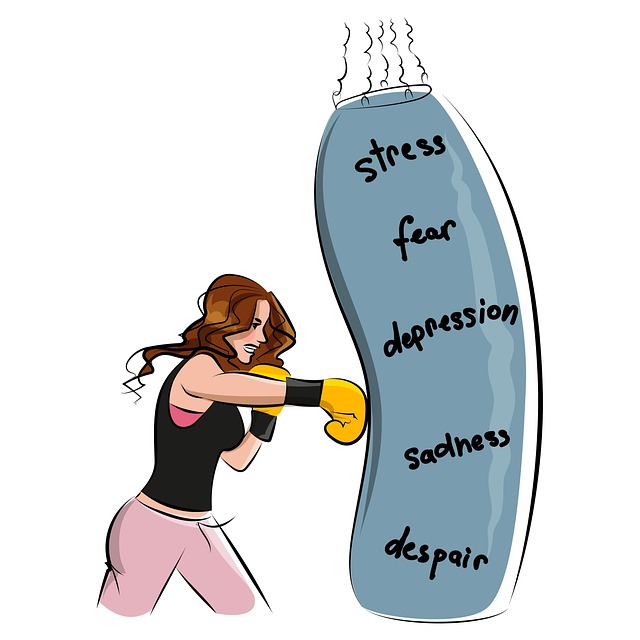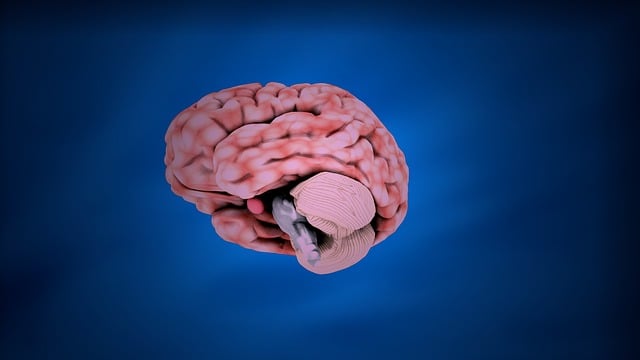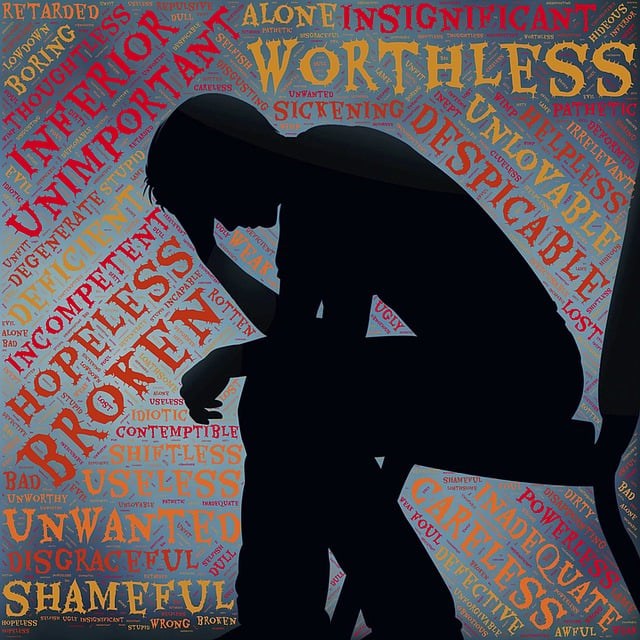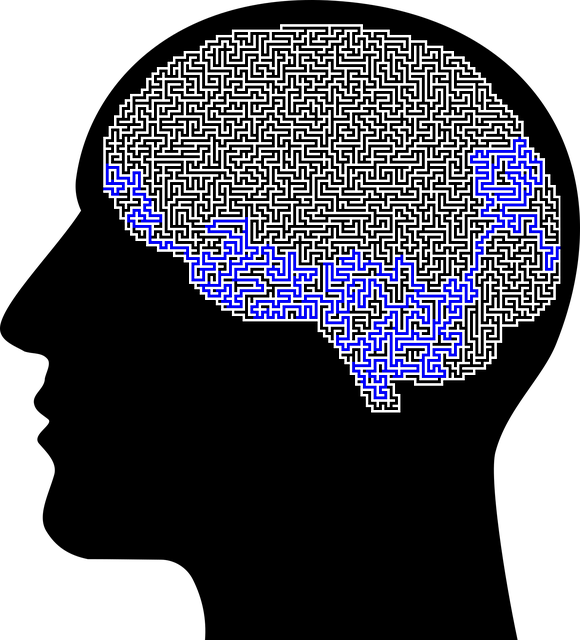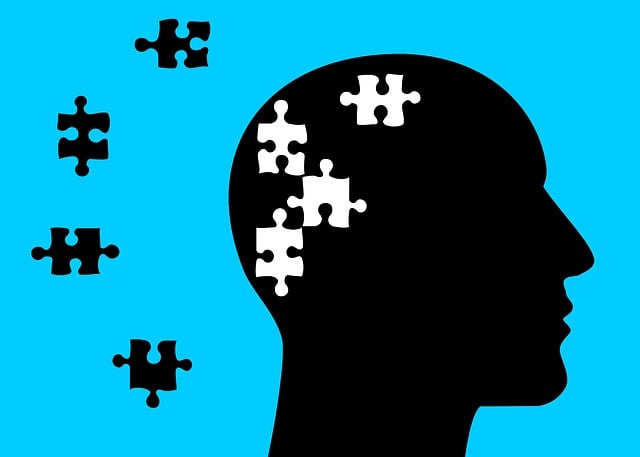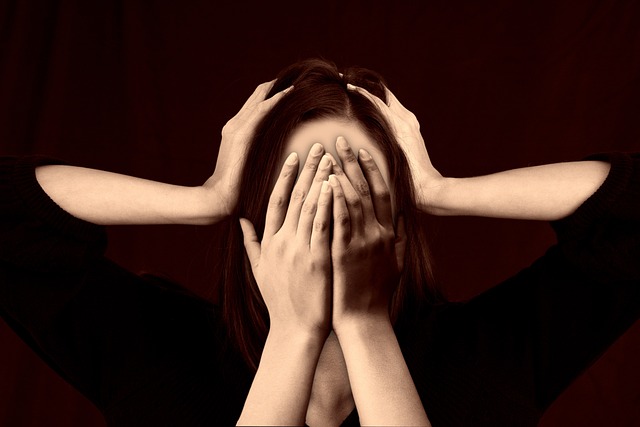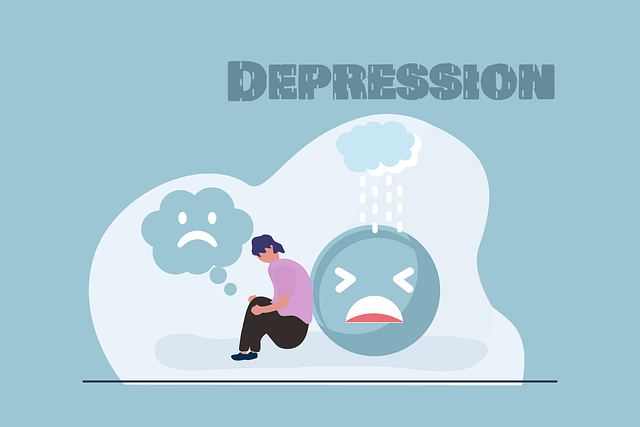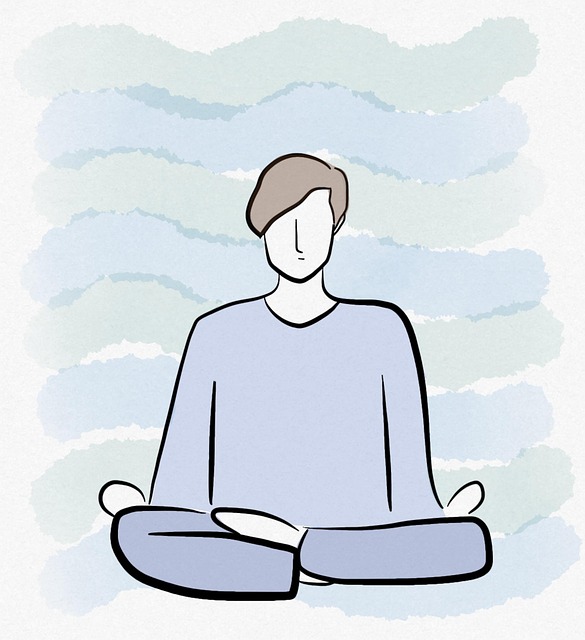Emotion regulation skills are crucial for adolescents with psychosis, as crisis intervention therapy teaches coping strategies and emotional intelligence. Identifying triggers through cultural competency training and risk assessments is key. Cognitive-Behavioral Therapy (CBT), an evidence-based approach, helps change negative thought patterns and improves symptoms. Mindfulness practices, guided by meditation and body scans, enhance self-awareness and manage intense emotions. Creative therapies like art, music, and writing help explore and process feelings, fostering emotional intelligence and healthy coping mechanisms for adolescents with psychosis.
Emotion regulation techniques are vital tools for adolescent teens navigating psychosis. This comprehensive guide explores effective strategies tailored specifically to this age group, focusing on cognitive-behavioral therapy (CBT) and mindfulness practices proven to foster resilience and coping mechanisms. By understanding the triggers of psychotic symptoms, teens can learn to manage intense emotions and reduce distressing thoughts. Creative outlets like art, music, and writing are also explored as therapeutic channels enhancing overall mental wellness in young individuals.
- Understanding Emotion Regulation and its Significance for Adolescents
- Identifying Triggers: Unraveling the Causes of Psychotic Symptoms
- Cognitive-Behavioral Therapy (CBT): A Powerful Tool for Teens
- Mindfulness Practices: Teaching Present-Moment Awareness
- Creative Outlets and Expression: Art, Music, and Writing as Therapeutic Channels
Understanding Emotion Regulation and its Significance for Adolescents

Emotion regulation is a crucial skill for adolescents as they navigate their way through turbulent developmental stages. This period is characterized by heightened emotional intensity and rapid changes in thoughts, feelings, and behaviors. Understanding and managing emotions effectively can significantly impact a teen’s overall well-being and mental health. Adolescents who struggle with emotion regulation may face challenges in various aspects of life, including academics, relationships, and self-esteem.
Teaching teens coping skills development and emotional intelligence is essential to help them cope with stress, anxiety, and even psychosis. Therapy for adolescent teens with psychosis often includes crisis intervention guidance, focusing on helping them recognize and manage intense emotions. By learning effective emotion regulation techniques, adolescents can improve their ability to make thoughtful decisions, maintain healthy relationships, and build resilience in the face of life’s challenges.
Identifying Triggers: Unraveling the Causes of Psychotic Symptoms

Identifying triggers is a crucial step in managing psychotic symptoms, especially for adolescent teens undergoing therapy for psychosis. This process involves delving into the underlying causes and environmental factors that may contribute to psychotic episodes. Psychosis can be triggered by various elements, such as stress, trauma, substance abuse, or certain medical conditions. For instance, a teen might experience heightened paranoia during exam periods due to academic pressure or have hallucinations when facing social anxiety.
Healthcare providers play a vital role in assisting adolescents in this journey. They should receive comprehensive training in cultural competency to understand the unique experiences and perspectives of their patients. This includes recognizing how cultural factors can influence the onset and manifestation of psychosis. Moreover, conducting thorough risk assessments is essential to predict potential triggers and implement early interventions. By teaching coping skills development, professionals empower teens with strategies to navigate triggers, thereby enhancing their overall emotional regulation abilities.
Cognitive-Behavioral Therapy (CBT): A Powerful Tool for Teens

Cognitive-Behavioral Therapy (CBT) is a highly effective approach for teaching emotion regulation techniques to adolescent teens struggling with psychosis. This evidence-based method focuses on identifying and modifying negative thought patterns and behaviors, empowering young individuals to better manage their emotions. Through CBT, teenagers learn to challenge distorted cognitions, replace them with more realistic and adaptive thoughts, and adopt healthier coping strategies.
By integrating CBT into therapeutic interventions, mental health professionals can significantly enhance the risk assessment process for adolescent teens with psychosis. This approach not only improves symptoms but also fosters mental wellness and reduces the chances of burnout among healthcare providers. Effective emotion regulation through CBT can prevent relapses and promote long-term recovery, ultimately improving the overall quality of life for young individuals navigating their mental health journey.
Mindfulness Practices: Teaching Present-Moment Awareness

Mindfulness practices are an essential component of emotion regulation techniques teaching, particularly for adolescent teens navigating psychosis. By focusing on present-moment awareness, young individuals learn to observe their emotions and thoughts without judgment. This simple yet powerful skill can significantly enhance their ability to manage intense feelings and reduce the impact of hallucinations or delusions.
In therapy sessions, mindfulness exercises often involve guided meditation, breathing techniques, and body scans. These activities encourage teens to become attuned to their senses and acknowledge their emotional states. Over time, this increased self-awareness fosters better crisis intervention guidance and empowers them to seek support when facing challenging symptoms. Moreover, integrating mindfulness into their daily lives can contribute to mental illness stigma reduction efforts by promoting mental wellness and fostering a sense of control.
Creative Outlets and Expression: Art, Music, and Writing as Therapeutic Channels

Creative outlets and artistic expression have long been recognized as powerful tools for emotional regulation and therapeutic healing. For adolescent teens experiencing psychosis or other mental health challenges, engaging in art, music, and writing can provide a unique and safe space to explore and manage their emotions. These creative channels offer an alternative form of communication when verbalization is difficult, allowing individuals to express themselves profoundly and symbolically.
Art therapy, music therapy, and creative writing workshops are emerging as valuable components of comprehensive treatment plans for adolescent teens. They foster self-discovery, enhance emotional intelligence, and promote healthy coping mechanisms. For instance, painting or drawing can help teens visualize and externalize their inner experiences, while composing or playing music provides an outlet for intense emotions that may be hard to articulate verbally. Writing, whether in the form of poetry, journaling, or short stories, encourages self-reflection and offers a means to transform feelings into something tangible. Integrating these creative practices alongside conventional therapy methods, such as Social Skills Training, Compassion Cultivation Practices, and Conflict Resolution Techniques, can empower teens with effective tools to navigate their emotional landscapes and improve overall well-being.
Emotion regulation techniques offer a transformative approach to supporting adolescent teens struggling with psychosis. By equipping them with tools like cognitive-behavioral therapy, mindfulness practices, and creative expression, we can empower them to navigate their emotions effectively. These strategies not only enhance their overall well-being but also foster resilience, enabling teens to thrive despite challenges. Integrating these techniques into therapeutic practices presents a promising path toward improved mental health outcomes for this vulnerable population.
